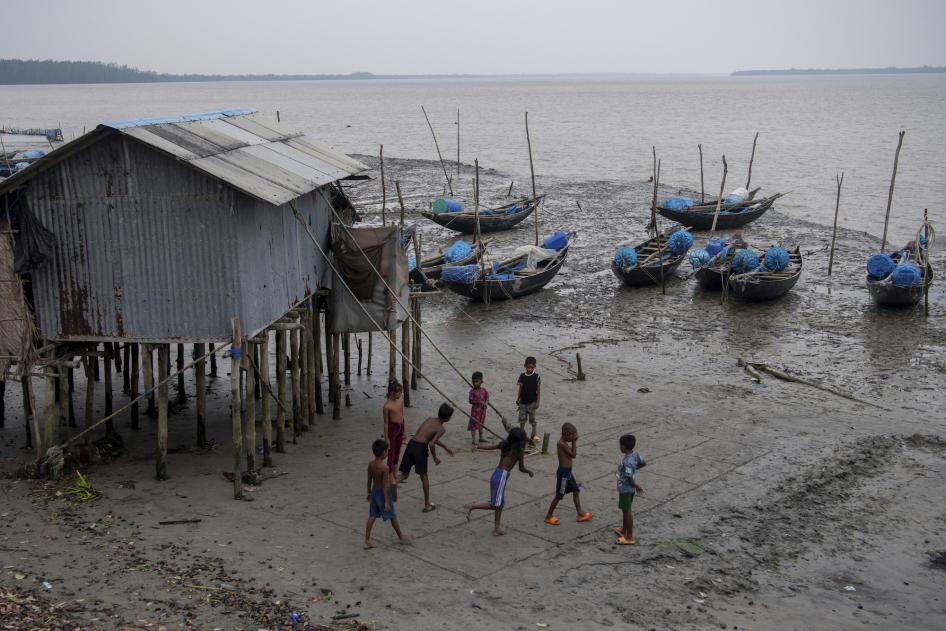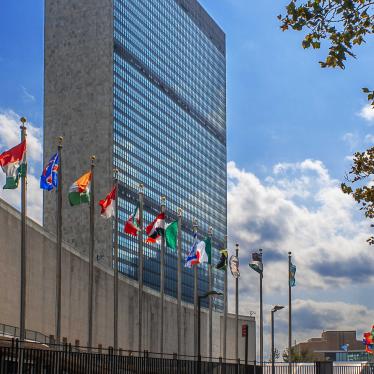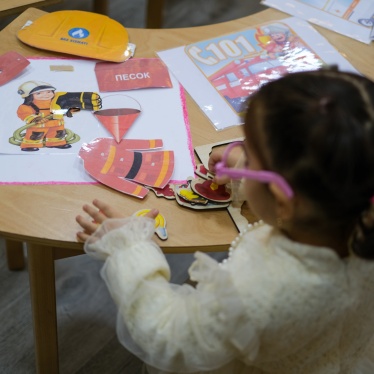Today, the United Nations Committee on the Rights of the Child launches new guidance for governments on protecting children’s rights in the face of climate change and other environmental crises.
From toxic pollution in Zambia and harmful plastics recycling in Turkey, to rising sea levels affecting housing in Panama and higher temperatures diminishing food supplies in Canada, environmental crises pose immense risks to children worldwide. Children from poor and marginalized communities are particularly at risk.
The Committee’s new general guidance is the result of consultation with over 16,000 children from 121 countries, governments, and environmental and human rights groups, including Human Rights Watch. It provides fresh interpretation of the obligations of states under the Convention on the Rights of the Child to uphold the rights of children affected by climate change and other environmental crises.
The Committee emphasizes that “the climate emergency, the collapse of biodiversity and pervasive pollution, is an urgent and systemic threat to children’s rights globally” and calls governments to action. For example, it specifies that states are responsible not only for protecting children from immediate harm, but also for “foreseeable environment-related threats” due to state action or inaction now. It says states should ensure businesses rapidly reduce their emissions and require them to assess actual and potential risks to children's rights, reminding governments that “delaying a rapid phase out of fossil fuels will result in … greater foreseeable harm to children’s rights.”
Children are increasingly making their voices heard on the environment, urging world leaders and governments to protect their rights and those of future generations. They are also taking their governments to court, despite barriers for children to access justice and seek legal remedies. The Committee’s guidance emphasizes that states are obligated to provide effective, child-friendly, and inclusive legal pathways for children affected by environmental harm. They also need to ensure children can safely exercise their right to freedom of expression, including when engaging in peaceful protests on environmental matters.
Governments around the world should now use this guidance to develop and strengthen legislation addressing environmental harm and the climate crisis, making sure that children are both protected and regarded as the active agents of change they can be.








